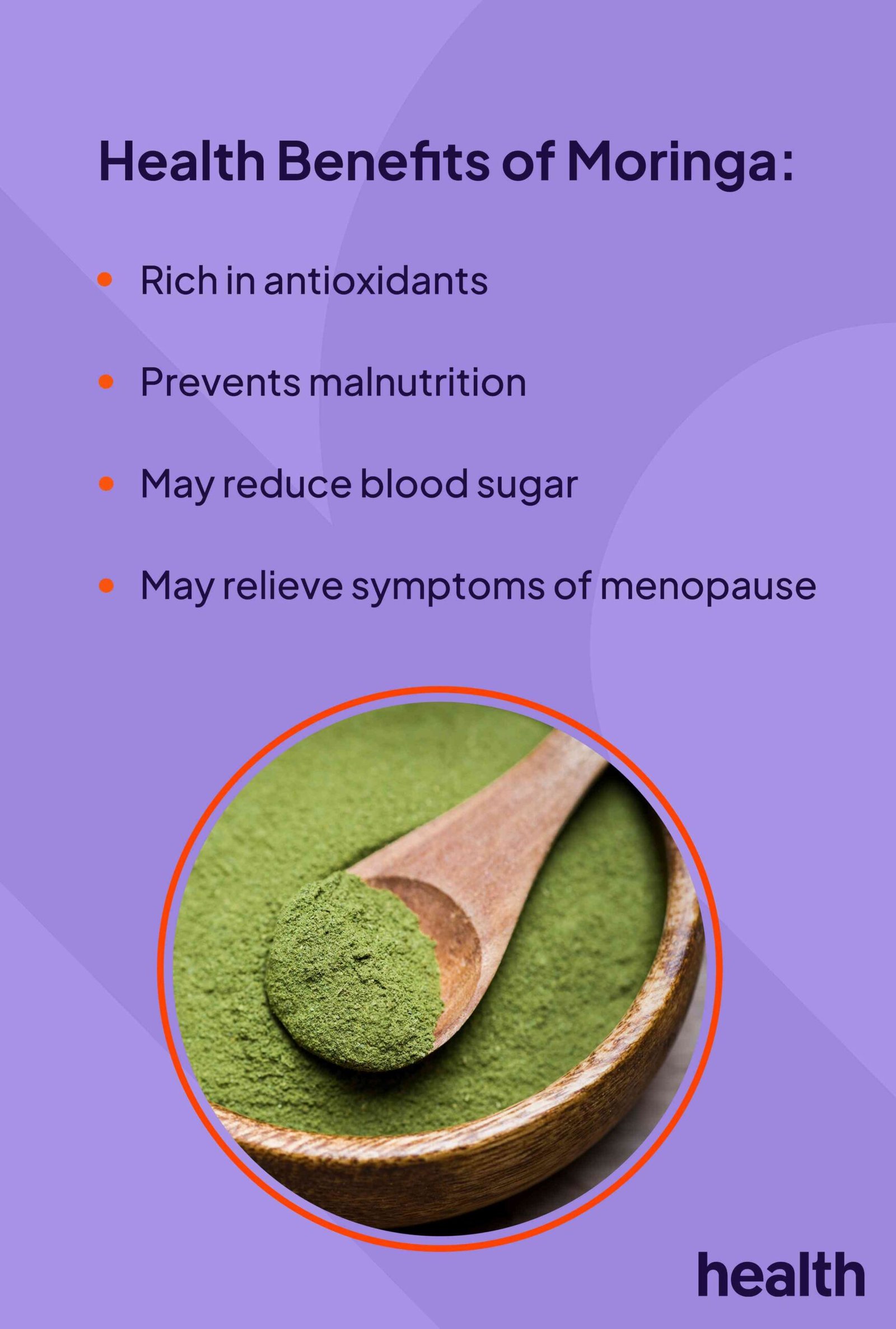Have you ever considered how your diet might affect your eye health? It’s a fascinating topic, especially when you explore the potential benefits of the superfood known as Moringa. This leafy green plant is packed with nutrients and has garnered attention for its health benefits, but can it truly make a difference for your eyes?

What Is Moringa?
Moringa, often referred to as the “drumstick tree” or “miracle tree,” is native to parts of Africa and Asia. The leaves, seeds, and pods of this tree are highly nutritious and have been used for centuries in traditional medicine. Known for its rich content of vitamins, minerals, and antioxidants, Moringa has piqued the interest of health enthusiasts worldwide.
Its leaves can be consumed in various forms such as raw, powdered, or as tea, making it easy to integrate into your daily routine. But what does it mean for your eye health specifically?
Nutritional Profile of Moringa
Before diving into the effects of Moringa on eye health, it’s essential to understand what nutrients this superfood provides. Moringa leaves are a powerhouse of vitamins and minerals.
Key Nutrients in Moringa
| Nutrient | Benefits Related to Eye Health |
|---|---|
| Vitamin A | Essential for maintaining good vision. |
| Vitamin C | Supports ocular health and may reduce risk of cataracts. |
| Vitamin E | Acts as an antioxidant; helps protect eyes from damage. |
| Lutein | Known for its role in eye health, protecting against harmful light. |
| Zinc | Vital for maintaining the health of your retina. |
These nutrients work both independently and synergistically to promote overall health, which includes the function and wellness of your eyes.

The Role of Antioxidants in Eye Health
Antioxidants play a crucial role in protecting your body from oxidative stress, a process that can damage cells, including those in your eyes. Moringa is rich in several antioxidants, such as quercetin, chlorogenic acid, and beta-carotene.
How Antioxidants Benefit Your Eyes
Oxidative stress is linked to various eye conditions, including:
- Cataracts: Clouding of the lens in the eye leading to blurry vision.
- Age-related Macular Degeneration (AMD): A leading cause of vision loss among people aged 50 and older.
- Diabetic Retinopathy: Damage to the retina caused by diabetes.
Incorporating moringa into your diet can help increase your antioxidant levels, which in turn could help protect your eyes from these age-related conditions.
Moringa and Vitamin A
Vitamin A is often referred to as the “vision vitamin.” It plays an integral role in maintaining healthy vision and preventing night blindness. Moringa leaves are an excellent source of beta-carotene, which your body can convert into active Vitamin A.
Importance of Vitamin A for Eye Health
Vitamin A contributes to vision in several ways:
- Maintaining Corneal Health: It helps keep the cornea clear, which is crucial for good vision.
- Promoting Light Reception: It aids in the formation of rhodopsin, a protein in your eyes that allows you to see in low-light conditions.
By including Moringa in your diet, you can boost your Vitamin A intake and potentially influence these essential functions.

Moringa and Eye Inflammation
Inflammation can lead to various issues in your eyes, including discomfort and vision problems. Moringa possesses anti-inflammatory properties due to its high content of vitamins and phenolic compounds.
How Moringa Helps with Eye Inflammation
Chronic inflammation can lead to conditions such as uveitis, where the middle layer of tissue in the eye (the uvea) becomes inflamed. This can cause redness, pain, and sensitivity to light.
The anti-inflammatory properties of Moringa may help alleviate some symptoms:
- Reducing Swelling: The nutrients in Moringa help fight inflammation in the body.
- Soothing Dry Eyes: By reducing overall inflammation, Moringa can help improve comfort levels for those experiencing dry eyes.
Incorporating Moringa into your diet can contribute to the overall health of your eyes and help reduce the risk of inflammation-related symptoms.
Moringa and Retinal Health
The retina is a crucial part of your eye. It converts light into signals that are sent to the brain, allowing you to see. Retinal health is vital for clear vision, and Moringa might support this aspect due to its nutrient profile.
Zinc and Moringa’s Role
Zinc is a mineral found in high levels within the retina. It plays a pivotal role in transporting Vitamin A from the liver to the retina, where it can be used to create melanin, a protective pigment in the eye.
Moringa contains a rich amount of zinc, which can assist in maintaining retinal health.

How to Incorporate Moringa into Your Diet
Including Moringa in your daily meals is easier than you may think. Here are some suggestions on how you can do this:
Moringa Tea
Making Moringa tea is a simple process:
- Boil water.
- Add 1-2 teaspoons of dried Moringa leaves.
- Let steep for 5-7 minutes, then strain and enjoy.
Moringa Smoothies
Adding Moringa powder to your smoothie is a delightful way to increase its nutritional value:
- Ingredients:
- 1 banana
- 1 cup of spinach
- 1 cup of almond milk
- 1 tablespoon of Moringa powder
- Instructions: Blend all ingredients until smooth.
Moringa in Salads
Incorporate fresh Moringa leaves into your salads for a nutrient boost. They can be mixed with other greens and topped with your favorite dressing.
Potential Side Effects of Moringa
Although Moringa is packed with nutrients, it’s essential to consume it thoughtfully.
Common Side Effects
- Digestive Issues: Some individuals may experience mild digestive upset if they consume large amounts of Moringa.
- Interference with Medication: Moringa may interact with certain medications, such as those for diabetes or blood pressure. Always consult your healthcare provider if you are taking medications.

Consulting with Health Professionals
If you’re considering adding Moringa to your diet for eye health, it might be a good idea to consult with a healthcare professional. They can help you understand your specific nutritional needs based on your health status and any medications you may be taking.
Lifestyle Changes for Better Eye Health
While Moringa can significantly contribute to your eye health, adopting a holistic approach is essential. Here are some lifestyle changes that can complement your diet:
- Regular Eye Exams: Keeping up with routine eye check-ups can help catch any issues early on.
- Protect Your Eyes from UV Rays: Wearing sunglasses with 100% UV protection will help shield your eyes from harmful rays.
- Balanced Diet: Eat various fruits and vegetables rich in vitamins and antioxidants, such as blueberries, carrots, and spinach, alongside Moringa.
- Stay Hydrated: Drinking enough water helps keep your eyes moist and may reduce dryness.
- Limit Screen Time: Follow the 20-20-20 rule – every 20 minutes of screen time, look at something 20 feet away for at least 20 seconds.
- Exercise Regularly: Physical activity improves overall blood circulation in the body, including the eyes.
The Bottom Line on Moringa and Eye Health
As you can see, Moringa offers an impressive list of benefits that may contribute significantly to your eye health. Its rich nutritional profile, packed with antioxidants, vitamins, and minerals, can absolutely support the maintenance of healthy eyes.
While Moringa is not a cure-all, it could be a valuable component of a balanced diet aimed at enhancing your overall well-being. Pairing Moringa with other healthy practices could lead to optimal eye health today and as you age.
Health is a journey, and every little step you take can lead to significant improvements in your quality of life. So why not give Moringa a try and see how it can fit into your lifestyle? By making conscious choices today, you’re investing in a healthier tomorrow for your eyes and beyond.